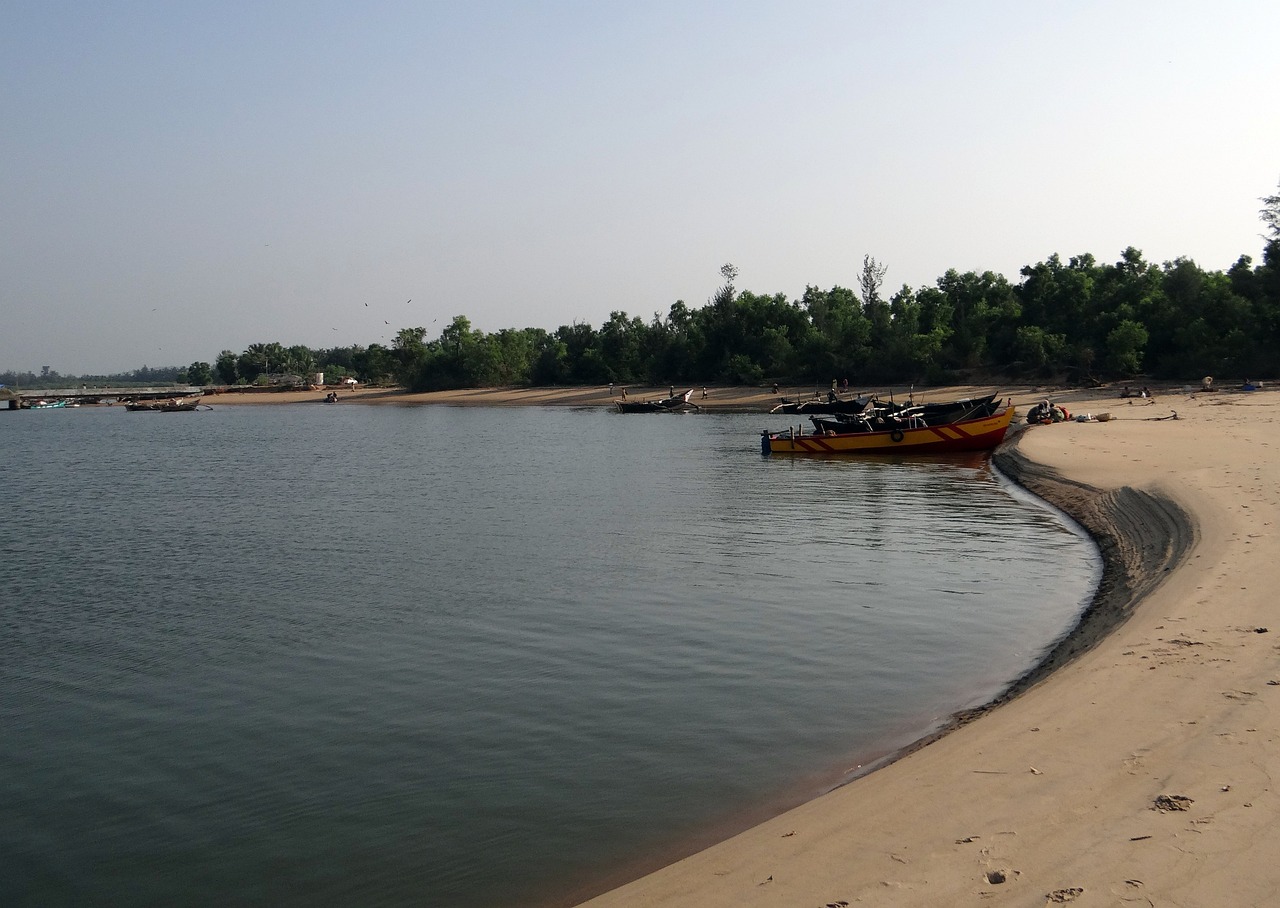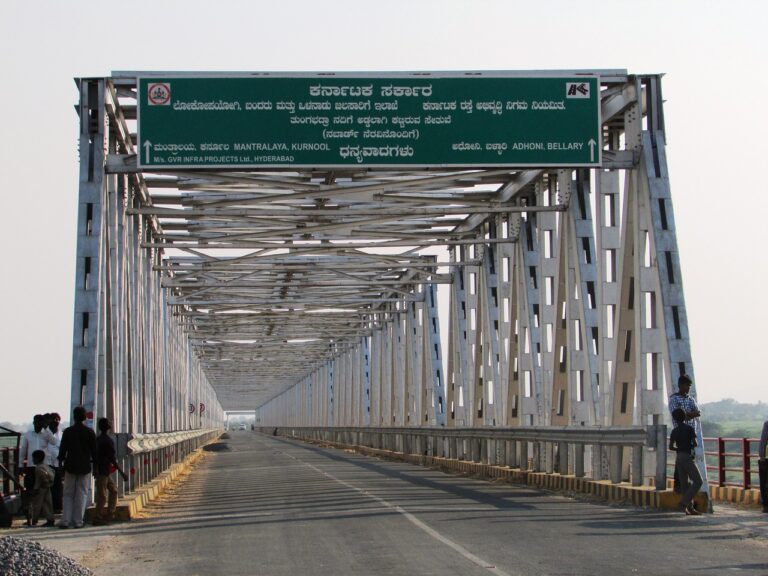Election Monitoring in Conflict Zones: Golden exchange 99, Cricbet99.com, King 567 casino
golden exchange 99, cricbet99.com, king 567 casino: Election Monitoring in Conflict Zones
Election monitoring in conflict zones is a critical process that plays a significant role in ensuring free and fair elections. In areas where violence and instability prevail, monitoring elections becomes even more crucial to prevent fraud, intimidation, and other irregularities.
The presence of election monitors helps to deter potential election-related violence and provides an important layer of accountability. By observing the electoral process, these monitors can detect and report any issues that may arise, such as voter suppression or ballot tampering.
Here are some key points to consider when it comes to election monitoring in conflict zones:
The Importance of Independent Monitoring
Independent election monitoring is essential in conflict zones to ensure that the electoral process is free from bias and manipulation. International organizations, such as the United Nations and the Organization for Security and Cooperation in Europe, often deploy election monitors to oversee elections in conflict-affected areas.
Local Monitoring Groups
Local monitoring groups also play a crucial role in observing elections in conflict zones. These groups are familiar with the local context and can provide valuable insights into the dynamics of the electoral process. By working alongside international monitors, local groups can help to ensure that elections are conducted fairly and transparently.
Challenges Faced by Election Monitors
Election monitoring in conflict zones presents numerous challenges, including security risks, logistical obstacles, and limited access to certain areas. Monitors must navigate these challenges while maintaining their neutrality and impartiality throughout the electoral process.
The Role of Technology
Advances in technology have revolutionized the field of election monitoring, making it easier to collect and analyze data in real-time. Technologies such as satellite imagery and mobile apps can provide election monitors with valuable information and help to verify the integrity of the electoral process.
Building Trust and Confidence
Election monitoring in conflict zones is not just about ensuring the technical integrity of the electoral process; it is also about building trust and confidence among voters and stakeholders. By providing transparent and reliable information about the electoral process, monitors can help to promote democracy and stability in conflict-affected regions.
Public Awareness and Education
Public awareness and education are crucial elements of election monitoring in conflict zones. By engaging with local communities and promoting civic education, monitors can help to empower citizens to participate in the electoral process and hold their leaders accountable.
Overall, election monitoring in conflict zones is a challenging but essential task that plays a crucial role in promoting democracy and peace. By working together with local and international partners, election monitors can help to ensure that elections are conducted fairly and transparently, even in the most challenging environments.
FAQs
1. What is the role of election monitors in conflict zones?
Election monitors in conflict zones observe the electoral process to ensure that it is free, fair, and transparent. They report any irregularities or issues that may arise during the election, such as voter suppression or ballot tampering.
2. How do election monitors ensure their safety in conflict zones?
Election monitors in conflict zones take various security measures to ensure their safety, such as working with local security forces, using secure communication channels, and following strict security protocols.
3. How can technology help election monitors in conflict zones?
Technology can help election monitors in conflict zones by providing real-time data, verifying the integrity of the electoral process, and improving communication and coordination among monitoring teams.
4. What is the importance of public awareness and education in election monitoring?
Public awareness and education are essential in election monitoring to empower citizens to participate in the electoral process, hold their leaders accountable, and promote democratic values and principles.
5. How can local monitoring groups contribute to election monitoring in conflict zones?
Local monitoring groups can provide valuable insights into the local context, help to build trust and confidence among voters, and work alongside international monitors to ensure that elections are conducted fairly and transparently.
6. What are the biggest challenges faced by election monitors in conflict zones?
Some of the biggest challenges faced by election monitors in conflict zones include security risks, logistical obstacles, limited access to certain areas, and ensuring neutrality and impartiality throughout the electoral process.







